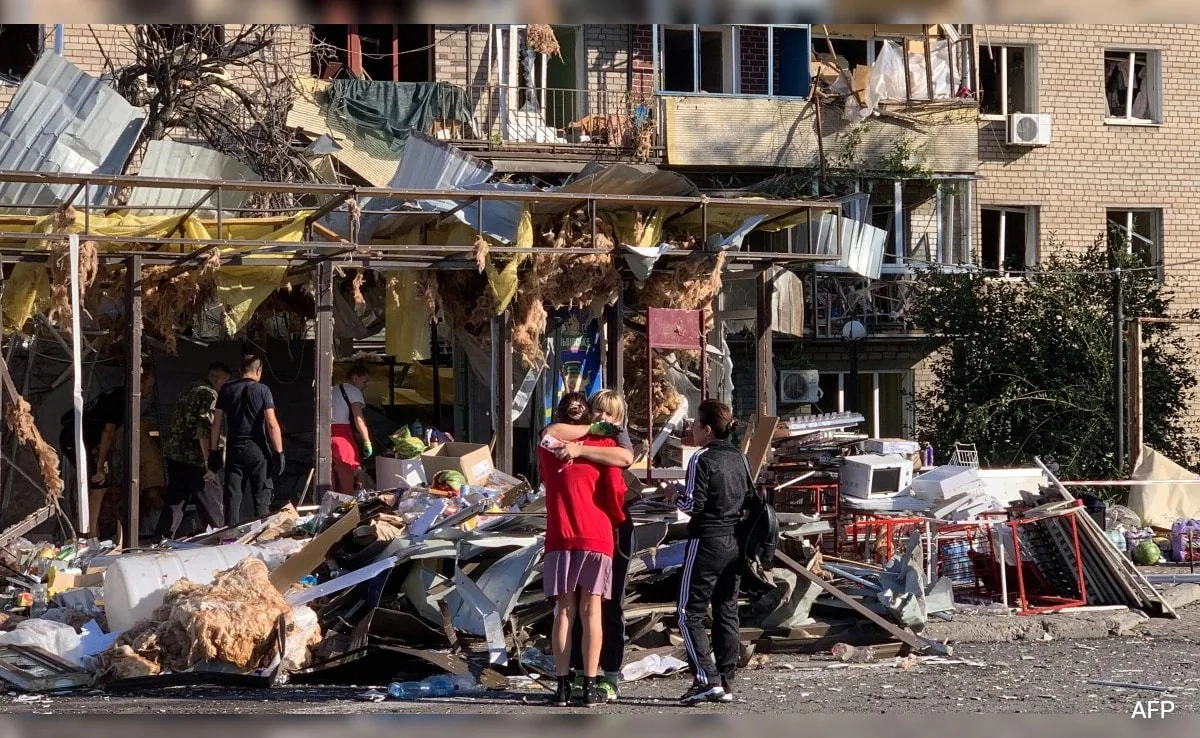As the conflict in Ukraine continues to escalate, Russia has intensified its military operations across the country, signaling a stark departure from any potential peace negotiations. The recent surge in strikes has raised alarms internationally, as cities and infrastructure across Ukraine face relentless bombardment. This renewed aggression not only undermines the fragile hope for diplomatic resolutions but also complicates humanitarian efforts in a nation already grappling with the consequences of war. Civilians, caught in the crossfire, are enduring immense suffering, with reports of casualties and displacement mounting daily. The situation underscores the urgent need for a concerted international response to address both the immediate humanitarian crisis and the broader geopolitical implications of the conflict.
In response to Russia’s military actions, the Ukrainian government has reiterated its commitment to defend its sovereignty and territorial integrity. Ukrainian forces have shown remarkable resilience, employing a combination of conventional military strategies and guerrilla tactics to counter the Russian advance. However, as the conflict drags on, the toll on the Ukrainian population becomes increasingly dire. Infrastructure damage has left many without access to basic necessities such as food, water, and medical care. The international community is closely monitoring the situation, with calls for increased support for Ukraine gaining momentum. Sanctions against Russia have been applied, but their effectiveness in curbing aggression remains a topic of debate among global leaders.
Moreover, the stalemate in peace negotiations reflects a broader geopolitical struggle, with various nations weighing their interests in the region. While some advocate for a diplomatic approach, others are concerned about the implications of a prolonged conflict on European security. The situation is further complicated by the involvement of external powers, each with their own agendas, making the path to peace increasingly complex. As the war rages on, the prospect of a negotiated settlement appears dim, with both sides entrenched in their positions. The international community faces a critical juncture: to either intensify efforts for a peaceful resolution or brace for an escalation that could have far-reaching consequences beyond Ukraine’s borders.
The implications of this conflict extend beyond immediate military concerns; they touch upon issues of global stability, energy security, and international law. As Russia continues its offensive, the potential for a broader regional conflict looms large, prompting discussions among NATO allies about collective defense and deterrence strategies. Furthermore, the humanitarian crisis resulting from the war has drawn attention to the need for robust support systems for displaced populations, not only within Ukraine but also in neighboring countries that are absorbing refugees. The ongoing violence and the bleak prospects for peace serve as a sobering reminder of the fragility of international order and the urgent need for renewed diplomatic efforts to avert further catastrophe.




